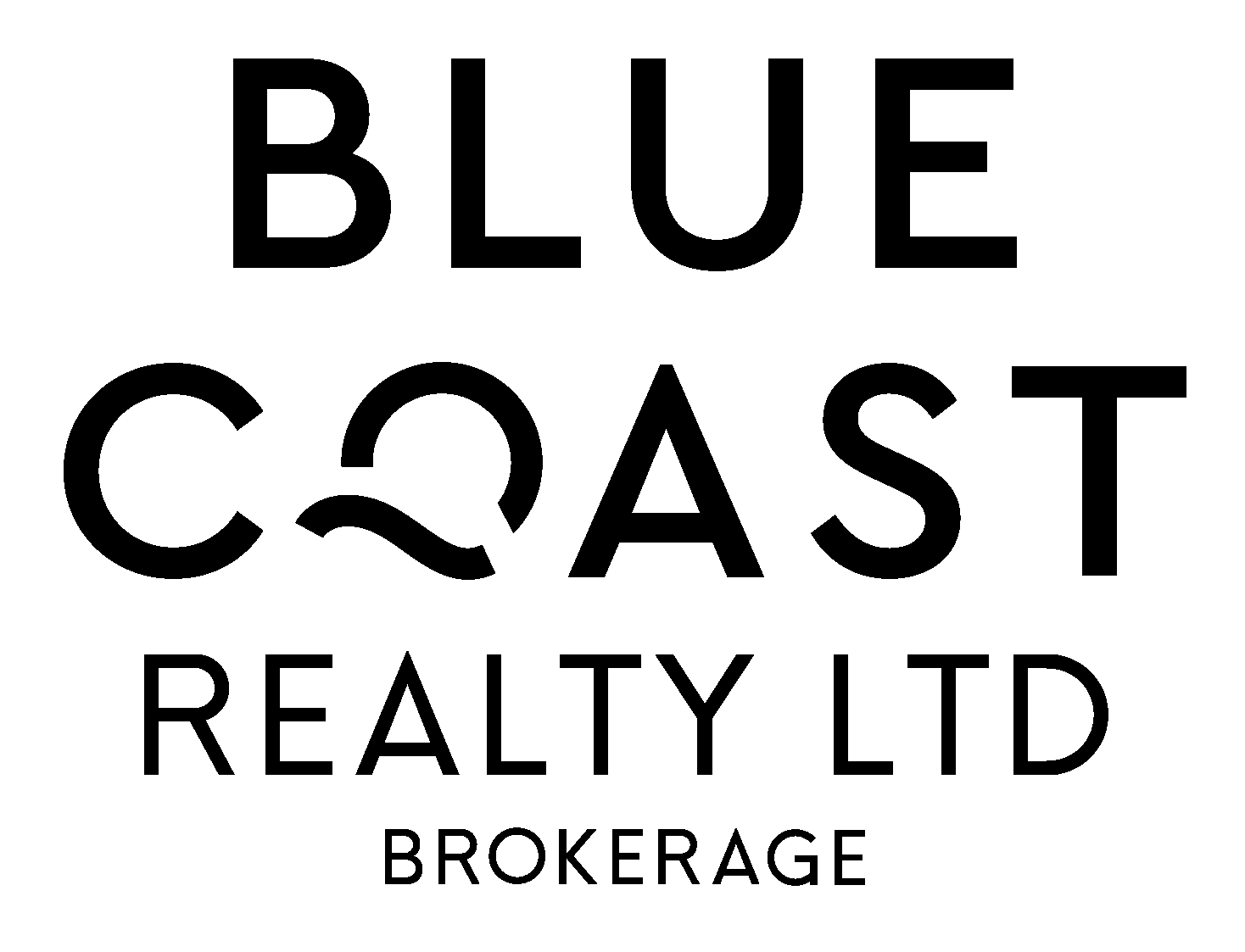
How much money should you put down as a down payment? Let's break it down for you and give you some tips on how to choose the right amount.
Down Payments in the 5%-20% Range.
5% is the minimum amount that you can put down on a home in Canada for your principal residence. It's also the amount that most people choose because it's the easiest to come up with.
But just because it's the minimum, it doesn't mean it's the best option. The downside of putting down any amount under 20% is that you'll have to pay mortgage default insurance. This is a premium is most often added to the mortgage loan.
This insurance protects the lender in case you can't make your payments, which could result in foreclosure and a loss for the lender. It will be a percentage of your home's value.
While it can add several thousand of dollars to your mortgage, many consider this a small price to pay in the grand scheme of things since this premium is spread out over the life of your mortgage.
Breaking into the housing market, build equity in your home and getting out of the world of renting is viewed as worthwhile by most people.
Down Payments Over 20%
If you put down more than 20%, you may not have to pay for default insurance at all, which is a big upside. And if you're buying an income property your down payment has to be 20% or more anyway.
So, is a bigger down payment always better? Generally, speaking a bigger down payment will put you in a better position. You will have more equity, smaller mortgage payments, and you might be able have a less lengthy amortization, like 15 years instead of 25, depending on your down payment amount and circumstances.
However, there are some potential drawbacks to saving up for a larger down payment that you should be aware of before making your final decision.
Drawbacks Paying Over 20%
The first potential drawback is opportunity costs. By putting as much as possible towards your down payment, you could be missing out on other opportunities by tying up all your money in your home upfront.
For example, you may miss out on filling up your TSFAs or RRSPs (or IRA or Roth IRA in the US) and investing those plans and gaining compound interest. Another thing thats important is having an an emergency fund in place, which can act as a cushion against job loss, unexpected costs like cars, damage to your home, or medical expenses.
And there could be potential to earn more money with investments than what you'd be paying in interest on your home.
What Should You Do?
If you have the funds available and are comfortable doing so, putting down a larger down payment could help you save money on insurance premiums, interest on the principal, and pay off your mortgage faster. But make sure you're not sacrificing other important financial goals in the process, like saving for retirement or building an emergency fund.
If you opt for a lower down payment, that's fine as well. Most people who buy with a lower down payment end up being very happy with their decision. Being able to break into the housing market is a huge accomplishment. And the good thing is if you can afford to pay more than the minimum 5% down payment, you will still have to pay mortgage default insurance, but the closer to 20% down you are, like 10% or 15% down, you will proportially have less you pay for the premium.
Give us a call today and we'll be happy to help you figure out the best decision for your future.



